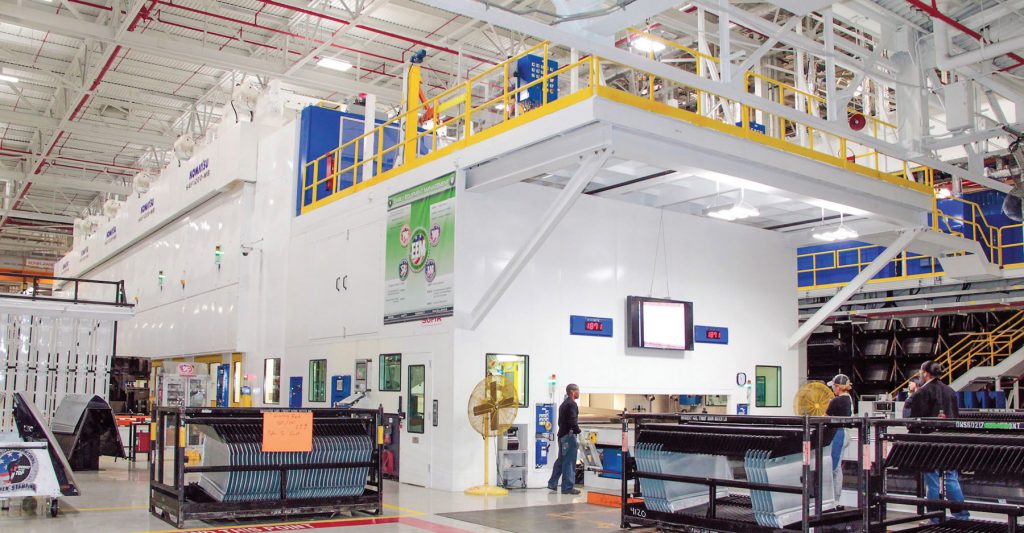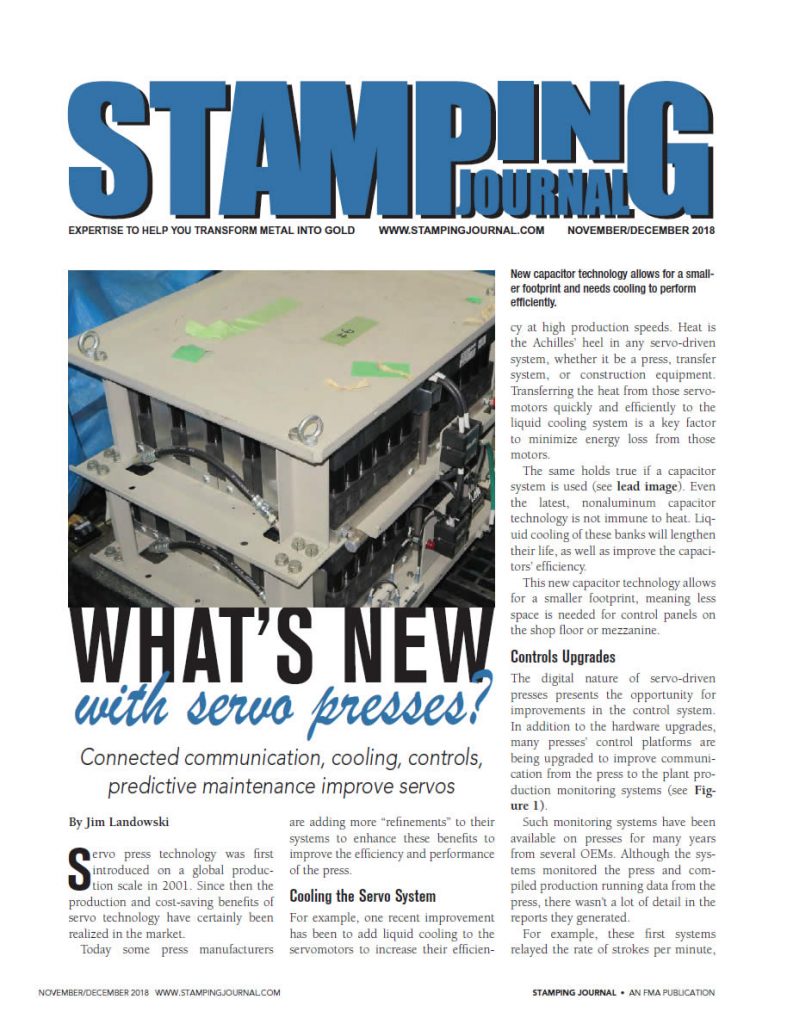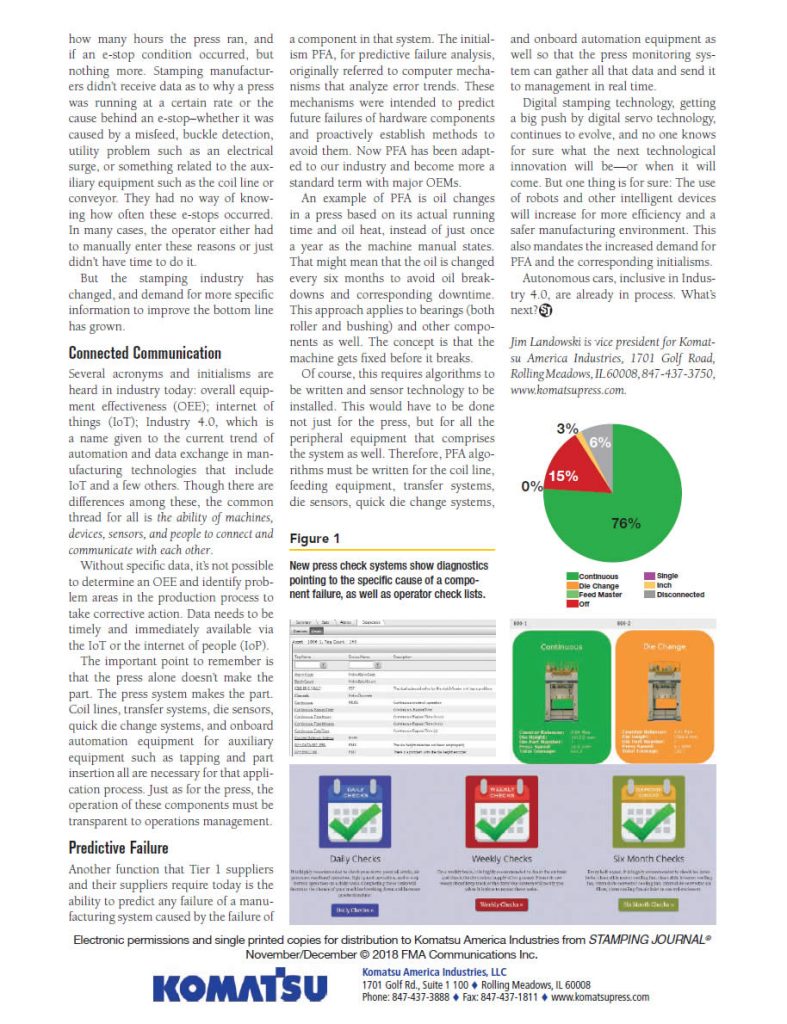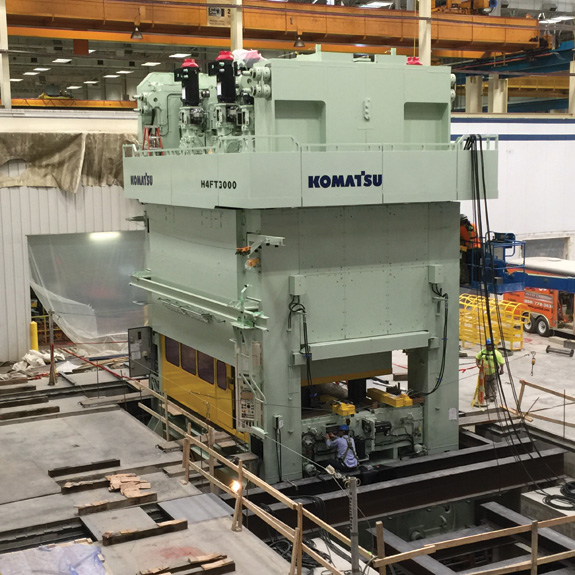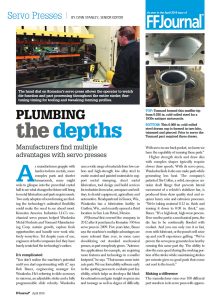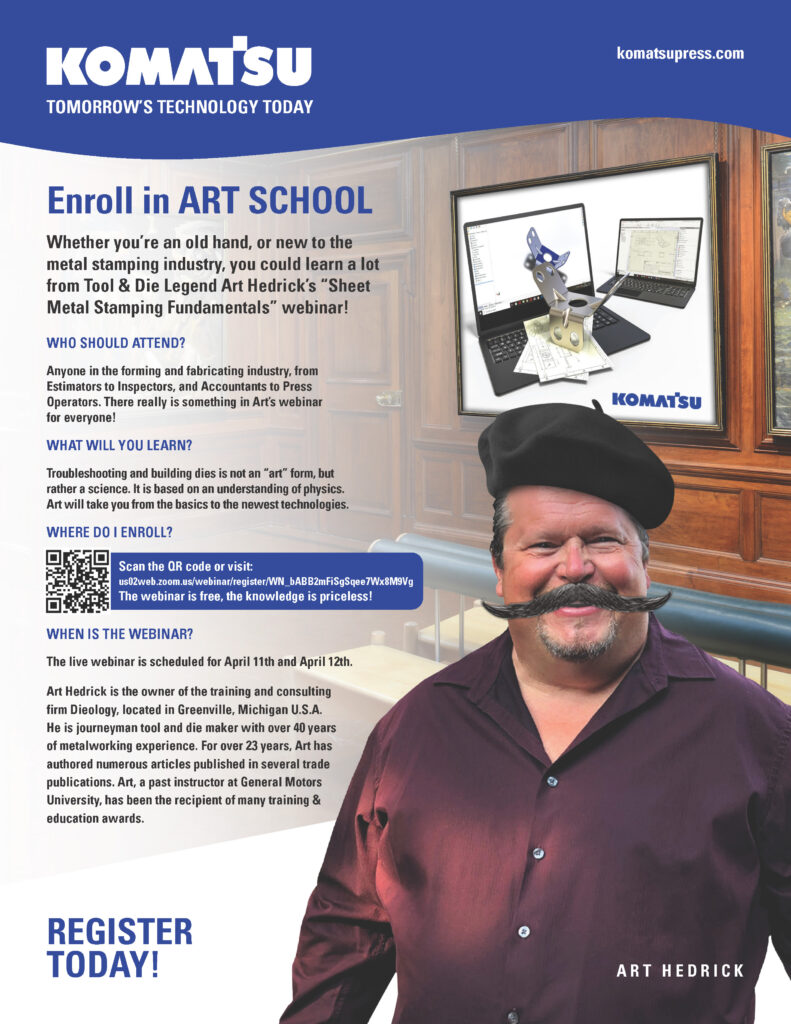
Introduction
This short 4 hr. session is broken up into two separate 2 hr. sessions. This is a high demand basic training also for those who don’t work directly in the tool room. Individuals like quality control inspectors, press operators, general accounting personnel, welders. A wide number of different individuals could benefit from this basic training.
Schedule
Session 1 : Tuesday, April 11th
Session 2 : Wednesday, April 12th
*Each session will go from 9AM – 11AM CST
